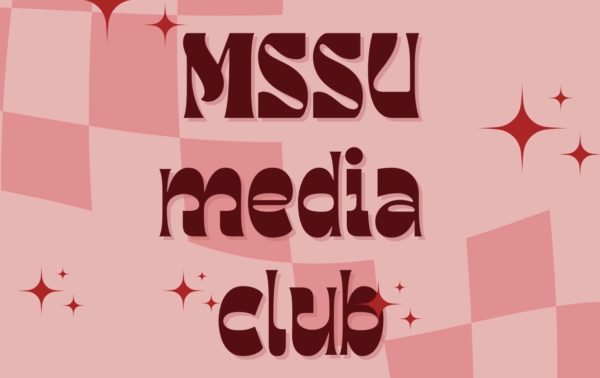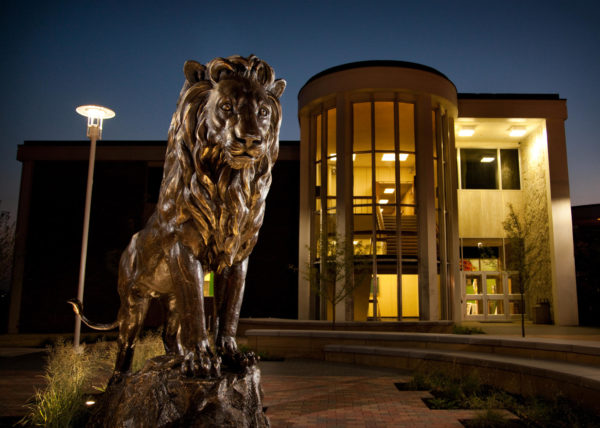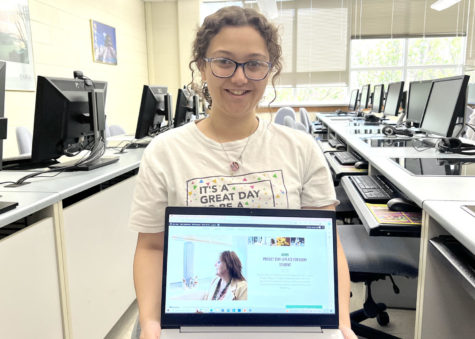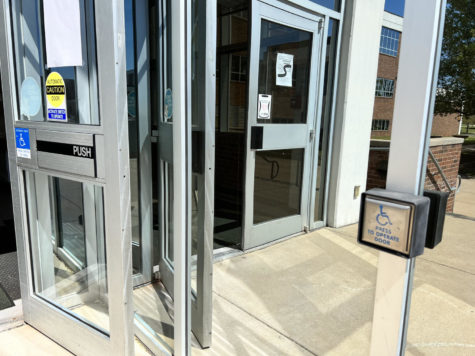High school academics leave students lost

Miah Allison, staff writer
In August of 2007, Miss South Carolina Teen USA, Caitlin Upton, became an Internet meme for her rambling and unstructured response to a pageant question. The question? “Recent polls have shown one fifth of Americans can’t locate the U.S. on a world map. Why do you think this is?”
Upton’s response; “I personally believe that U.S. Americans are unable to do so because, uh, some, uh, people out there in our nation don’t have maps and, uh, I believe that our education like such as in South Africa and, uh, the Iraq, everywhere like such as, and, I believe that they should, our education over here in the U.S. should help the U.S., uh, or, uh, should help South Africa and should help the Iraq and the Asian Countries, so we will be able to build up our future for our children.”
Surprisingly, Upton was a high school graduate. What are our school systems teaching our future? Besides the one fifth of Americans not being able to locate the U.S. on a world map, what about Upton’s response? Is this what our nation has come to?
In my own world, I had problems getting my car legalized and tagged properly because I didn’t know certain terms that were used to describe the documents needed to complete the process. Confused and feeling like an idiot, I thought to myself: “I would have rather taken a class that prepared me for life and taught me everyday skills over a class that I learned the quadratic formula in (which I haven’t used since I had to memorize in my sophomore year of high school) instead of being taught useful tips like how to get scholarships for college, how to pick a career, and most importantly like Upton demonstrated, knowing the world around me.”
In order to prepare for a brighter future, high school academics should include a wide variety of important issues instead of repeating the same core subjects each year. Students can be encouraged to attend class by learning what happens when you don’t attend: having guest speakers that were drug addicts or people who failed to graduate coming to schools and speaking on behalf of the students explaining why gaining knowledge is important. Create more opportunities for students to job shadow so by the time they reach higher education they have more of an idea of what they want to pursue as a career.
After all, the children are our future, and if we don’t change our curriculum, and for Upton’s sake point out on a world map where the U.S. is located, our future will consist of leaders who will know how to calculate math problems but won’t know how to speak to another human being.
Your donation will support the student journalists of Missouri Southern State University. Your contribution will allow us to purchase equipment and cover our annual website hosting costs.





























